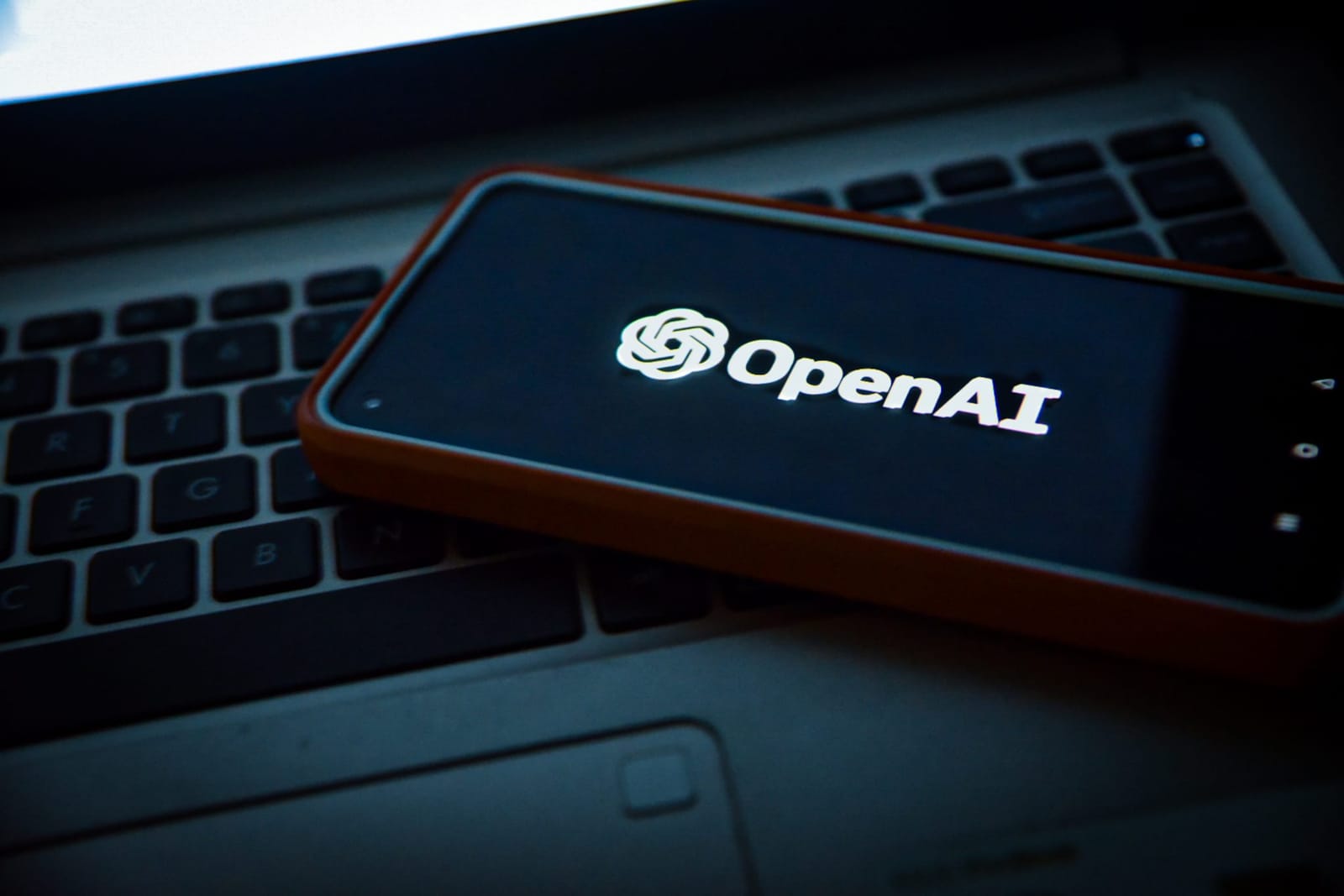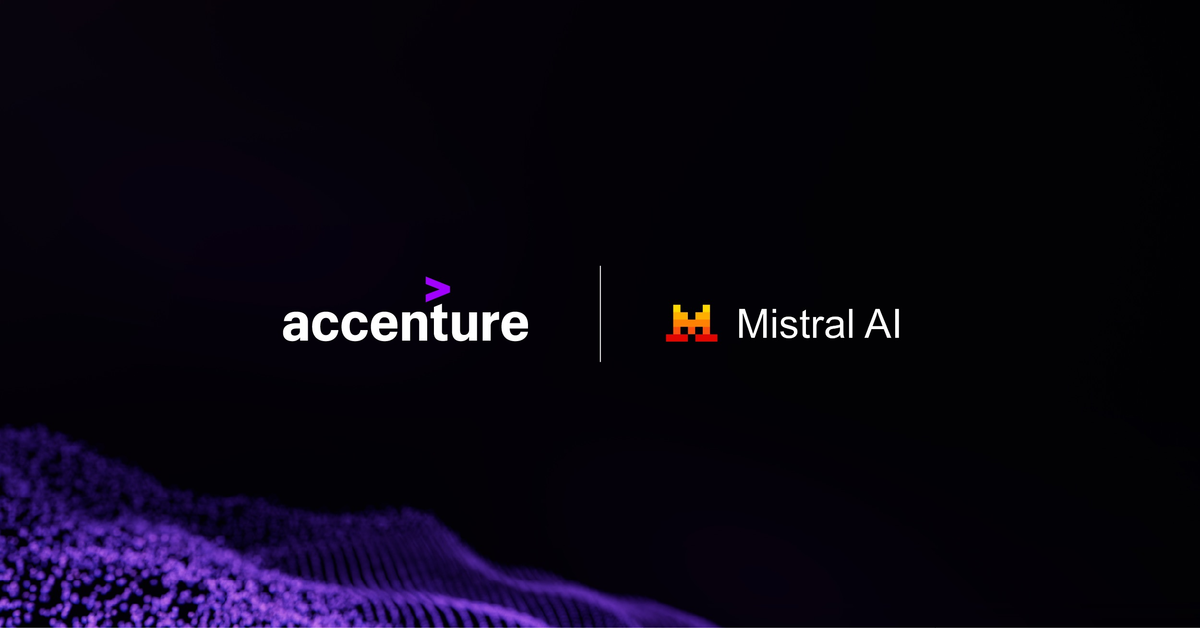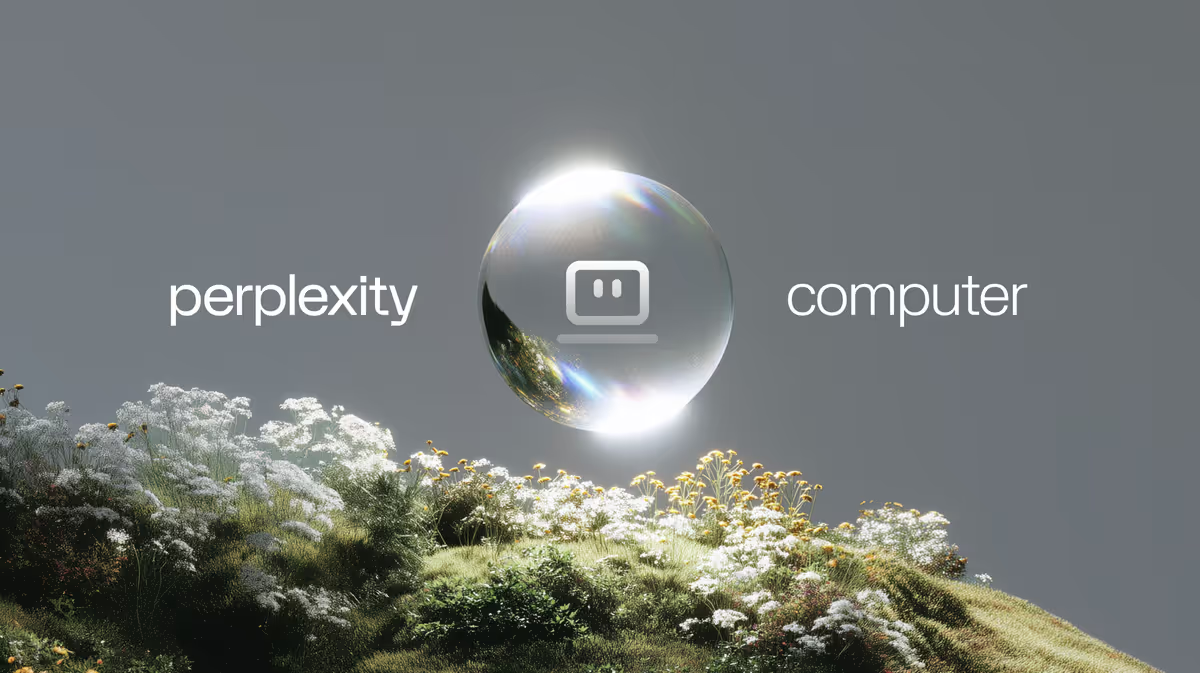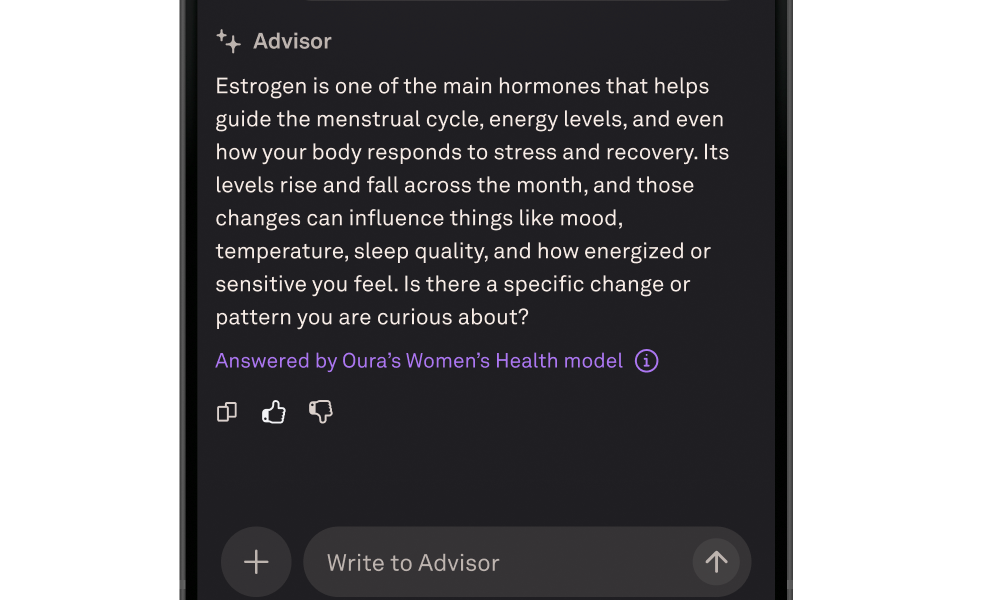OpenAI, the AI research lab co-founded by industry Titans Elon Musk and Sam Altman, has completed a $300 million share sale, which has led to its valuation skyrocketing to $27 billion to $29 billion. The funding round was led by prominent venture capital firms like Andreessen Horowitz, Sequoia Capital, and Coatue Management.
OpenAI has made significant advancements in the study of artificial intelligence since its establishment in 2015. Its language model, GPT-3, is a prime example of how far AI technology has come. GPT-3's ability to generate human-like language has garnered much attention and praise. With this new funding, OpenAI aims to expand its research efforts and develop even more powerful AI systems.
Microsoft has worked to support the computing needs of the models by integrating OpenAI's APIs with its Azure infrastructure. A GPT-4 integration to boost Bing was also revealed in March as part of Microsoft's ongoing efforts to challenge Google's search service supremacy.
However, the development of AI systems comes with significant risks. There is a chance that AI could be used for malicious purposes like cyberattacks and digital warfare. To counter these risks, OpenAI has established an ethics and safety team that evaluates potential risks associated with research and develops guidelines for responsible AI development.
In an interview, OpenAI CEO Sam Altman quoted that the funding would be used to hire more researchers and push the boundaries of AI research. "We're very focused on the safety and alignment of our AI systems," Altman said. "We're committed to ensuring that our AI research is conducted ethically and with safety considerations in mind."
Along with the millions of users who have experimented with ChatGPT, hundreds of big and small businesses have begun integrating GPT and ChatGPT into their goods and services. That has also encouraged other major tech companies to launch their own generative AI projects more quickly. To compete with GPT with its own LLM, Meta also introduced LLaMA while Google launched Bard.
However, OpenAI stands out from the competition in a number of ways, not the least of which is the fact that since its founding in 2015, it has only focused on the AI market. That's been the case even as it underwent some big adjustments, such as abandoning its initial non-profit strategy. As one individual put it: OpenAI may be the closest thing we have to a winner in the sector right now. However, we don't really know if AI will cause the seismic upheaval that many claim it will.
With its most recent fundraising round, OpenAI has demonstrated the potential for AI to make substantial strides in a number of industries. However, it's also crucial to acknowledge the potential risks associated with developing advanced AI systems and prioritize ethical and safe research practices.
In conclusion, OpenAI's funding round represents a significant leap forward for the company and the AI industry. While it's essential to celebrate the progress, it's equally important to consider the potential risks and ensure that research is conducted safely and ethically. The impact of AI on the world is enormous, and we must make sure that the development of these systems benefits humanity responsibly.







Comments